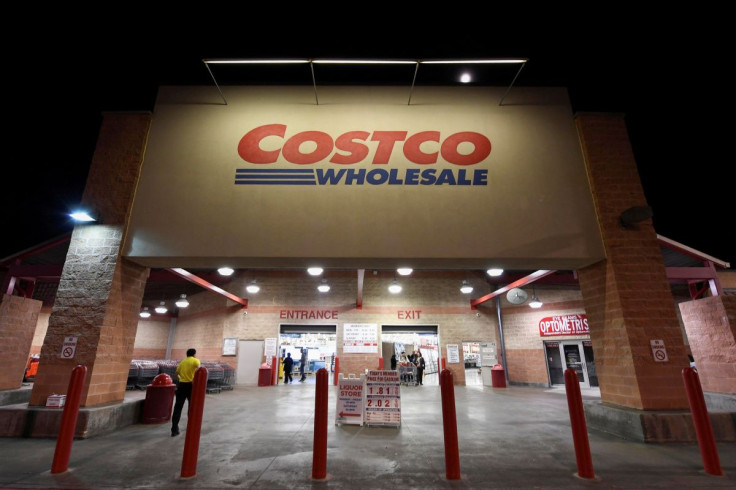How Costco Shines Among Retailers

Costco Wholesale Corporation has been the shining star in a cloudy retail universe.
A Placer.ai report, titled Costco Finds More Room for Growth, shows that Costco's traffic has been gaining momentum, with year-over-year visits increasing 3% during August, 4.5% in July and 3.6% in June.
That sharply contrasts with other wholesale clubs and superstores, which experienced a visits decline of 1.9% in August and 0.4% in June and July, respectively.
Moreover, Costco's visits per venue increased by 0.7% in August, 2% in July, and 1.5% in June year-over-year. The overall segment saw visits per venue decline by 1.8%, 0.3% and 0.4% during those same months.
Costco's lead in the retail sector is the result of several initiatives that have positioned the company in the right spot in the retail industry at the right time.
One of them is market segmentation through a membership fee. It allows the company to attract high spenders to its stores, while it generates a steady cash flow. It's like owning an ATM machine.
Then there's Costco's effective management of other people's money, measured by a steady rise in the Economic Value Added (EVA), the difference between the Return on Invested Capital (ROIC) and the Weighted Average Cost of Capital (WACC). According to estimates by Gurufocus, Costco's EVA has risen from 2% in 2010 to 9.20% in 2023.
And there's the company's successful riding on the merging of online and offline sales.
Customers can order the merchandise online and pick it up in local stores or have it shipped to them from the local stores for same-day delivery. This strategy has helped traditional brick-and-mortar retailers compete effectively against Amazon.
In another bet to catch up with Amazon, Costco launched Costco Next (CN). This category includes a broad selection of curated products from some of the company's most reliable suppliers.
Wall Street has taken notice of Costco's initiatives. As a result, its stock has gained 25% YTD, almost twice the S&P 500 and Walmart gains, as Target's stock has 27% losses.
This week, Costco reported fiscal fourth-quarter earnings of $4.86 a share, up from $4.20 a year earlier, beating Wall Street's estimate of $4.79. Revues of $78.94 billion came stronger than Wall Street expectations, helping expand profit margins.
"Overall, it was a good quarter, but not a surprise as Costco releases numbers throughout the quarter," Anthony Denier, CEO of Webull, told the International Business Times. "Same-store sales rose just 1.1%, but membership fees rose a bit more than expected to $1.5 billion, and this should grow as there is a looming membership fee increase."
The problem is that Wall Street may have already discounted this prospect as Costco shares trade at a forward PE of 36, almost twice the S&P average.
Still, Rob Pace, a former Goldman Sachs partner, founder and CEO of HundredX, thinks Costco's momentum will continue as consumers are under pressure from persistent increases in core inflation and interest rates.
"Costco has the best growth outlook among peers, with over 8% of existing customers suggesting they will boost spending next year," he told IBT. "These loyalists value the company's unique combination of price, quality, and atmosphere. Costco over-indexes on a more affluent customer, giving them pricing power. After this better-than-expected earnings report, it will be interesting to see whether Costco uses that power and raises prices or continues to hold off, leaning into its reputation as a budget-friendly, value brand."
Denier doesn't share Pace's enthusiasm. He takes note of the overall slowdown in retail sales and higher wages, which cut retailers' margins.
"While we've seen a dramatic decline in inflation, prices are still rising at a slower pace, " he added. "Part of that inflation came from supply chain disruptions, but those have mostly disappeared, and retail inventory levels have normalized. Meanwhile, the joint headwinds of slowing same-store sales and rising wages will also hurt retailers."
Editor's note: Panos Mourdoukoutas owns shares of Costco
© Copyright IBTimes 2025. All rights reserved.






















